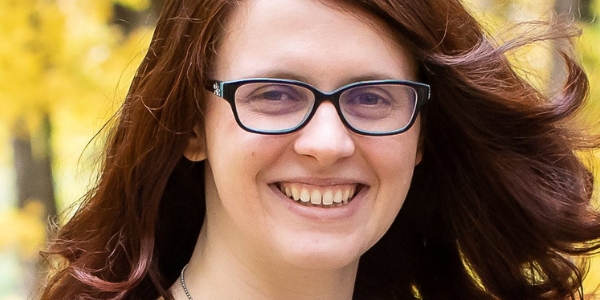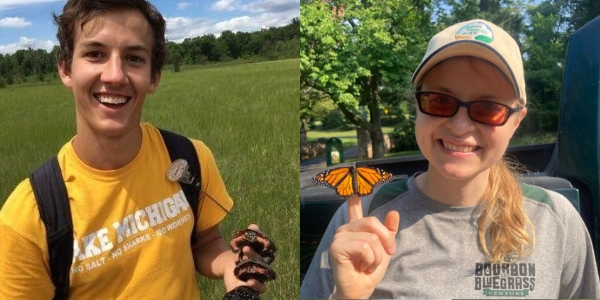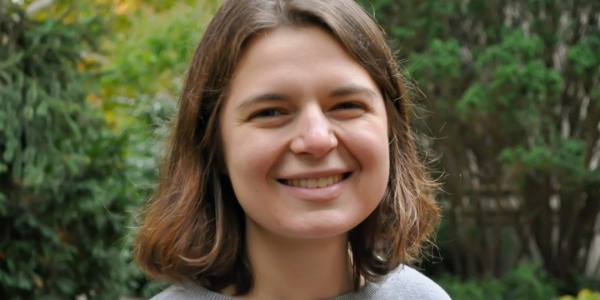Climate change center combines indigenous and western knowledge
Michigan State University and the Sault Ste Marie Tribe of Chippewa Indians are fighting climate change while preserving Anishinaabeg cultural practices.
Incorporating Indigenous voices and working with the Sault Tribe has transformed their approach to science and research, according to both Gary Roloff and Eric Clark, co-leaders of MSU’s newly established Center for Cooperative Ecological Resilience.
The center integrates Indigenous and Western sciences to improve and adapt natural resource management.

“One of the big challenges we’re facing is how to integrate Indigenous ways of acquiring knowledge with Western science,” said Roloff, professor and chairperson of MSU’s Department of Fisheries and Wildlife.
The center primarily works with the Sault Tribe and, in the past year, has focused on fire ecology and the use of prescribed fire in the restoration of Michigan forests.
Read more at: Great Lakes Echo



